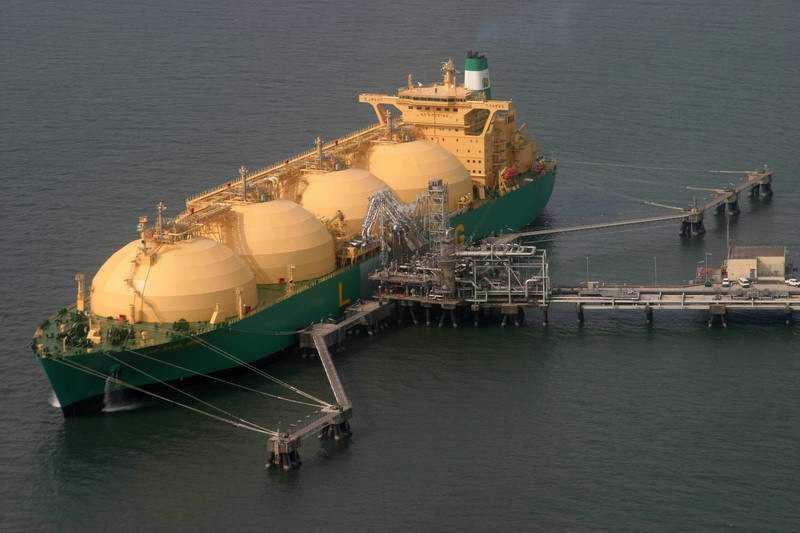Services
Marine Terminal Assurance

(4) Polaris recognise that organisations have lost significant revenue to incidents that occur alongside while a vessel is calling at a Marine Terminal for cargo loading or unloading operations. Such incidents include; grounding, incidents with escort and berthing tug boats, tankers drifting alongside the berth during cargo operations due to forces that come into play during the loading and unloading operation, uncontrolled berthing speed leading to heavy contact with the jetty sometimes with resulting significant damage to jetty facility thus putting the jetty out of service etc.
Polaris Marine will work with Marine terminals to establish a fit for purpose Marine Terminal Assurance policy and conditions for terminal use that will ensure that vessels calling at each terminal can transit safely to and from the terminal and is compatible with the particular terminal thus safe to call and safely lie alongside and afloat throughout the entire cargo loading or discharge operations. This is possible via a due diligence review process of the entire berth and access to it (waterways, pilots competence and training, vessel monitoring and reporting systems availability, night transits etc) and ship/shore compatibility assessment covering suitable mooring pattern, evaluation of gangway landing area, cargo loading arms manifolds, vessels contact with fenders and forces on the fenders etc.
Where the client so desire, Polaris Marine can conduct on their behalf a due diligence review (DDR) of any terminal where their vessel(s) intend to call to ensure that marine risks associated with vessels calling such terminals are evaluated and documented. Such risks as identified will
need to be dealt with by the terminal managers and operators aimed at reducing it to as low as reasonably practicable (ALARP).
Our experience where a member of our management team served in the Ports and Terminals Committee (PTC) of the Oil Companies International Marine Forum (OCIMF) for 3 years places us at such position as the number one in Nigeria to offer informed advice and guidance on management of terminal processes aimed at eliminating risks associated with vessel/terminal operations.
Polaris Marine has acquired state of the art computer simulators that can evaluate forces that impact a vessel during load/discharge operations and recommend the best possible mooring configuration which if maintained throughout the cargo operations will ensure vessels remain safely alongside during the entire period of operation.
The simulation covers all the parameters and criteria identified by OCIMF such as:
(a) Wind (Effect of 60 knots wind in all directions simulated and applied)
(b) Passing Ship effect
(c) Current effect (0.75 knots beam current and 3 knots current from ahead or astern)
(d) Change of Freeboard (Loaded or ballast condition)
(e) Waves and Swell
(f) Tide (High or Low water)
With this user-friendly computer program, we will evaluate the adequacy of the mooring system at every terminal especially those known to have unusual environmental conditions or mooring geometry
Comments
- No comments found
Leave your comments